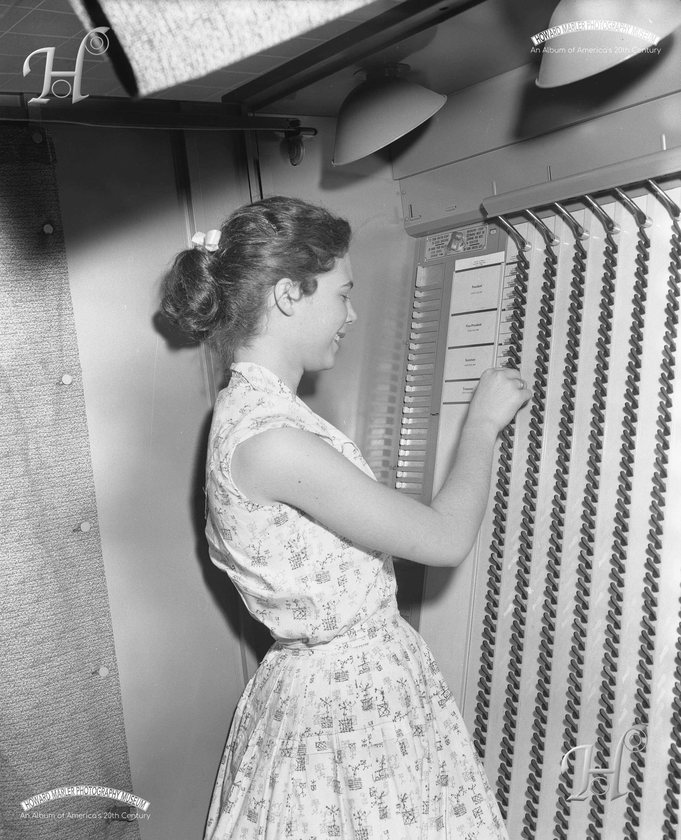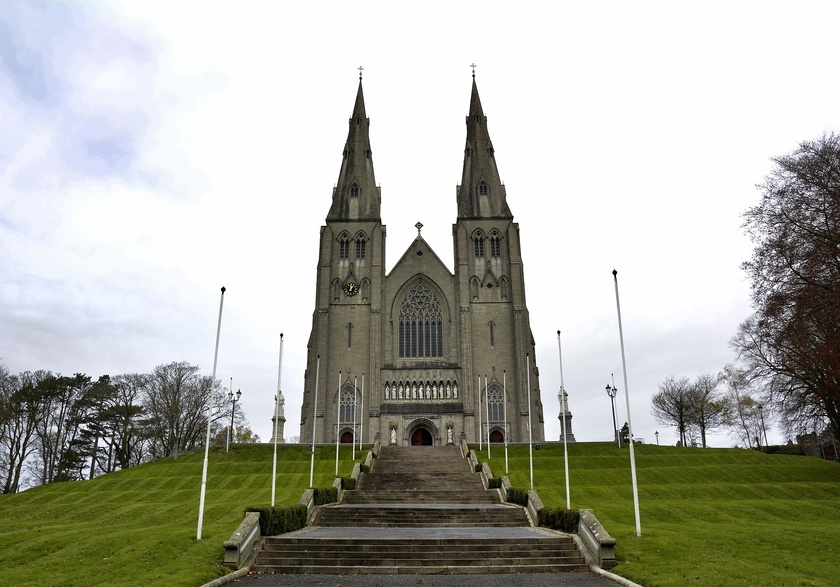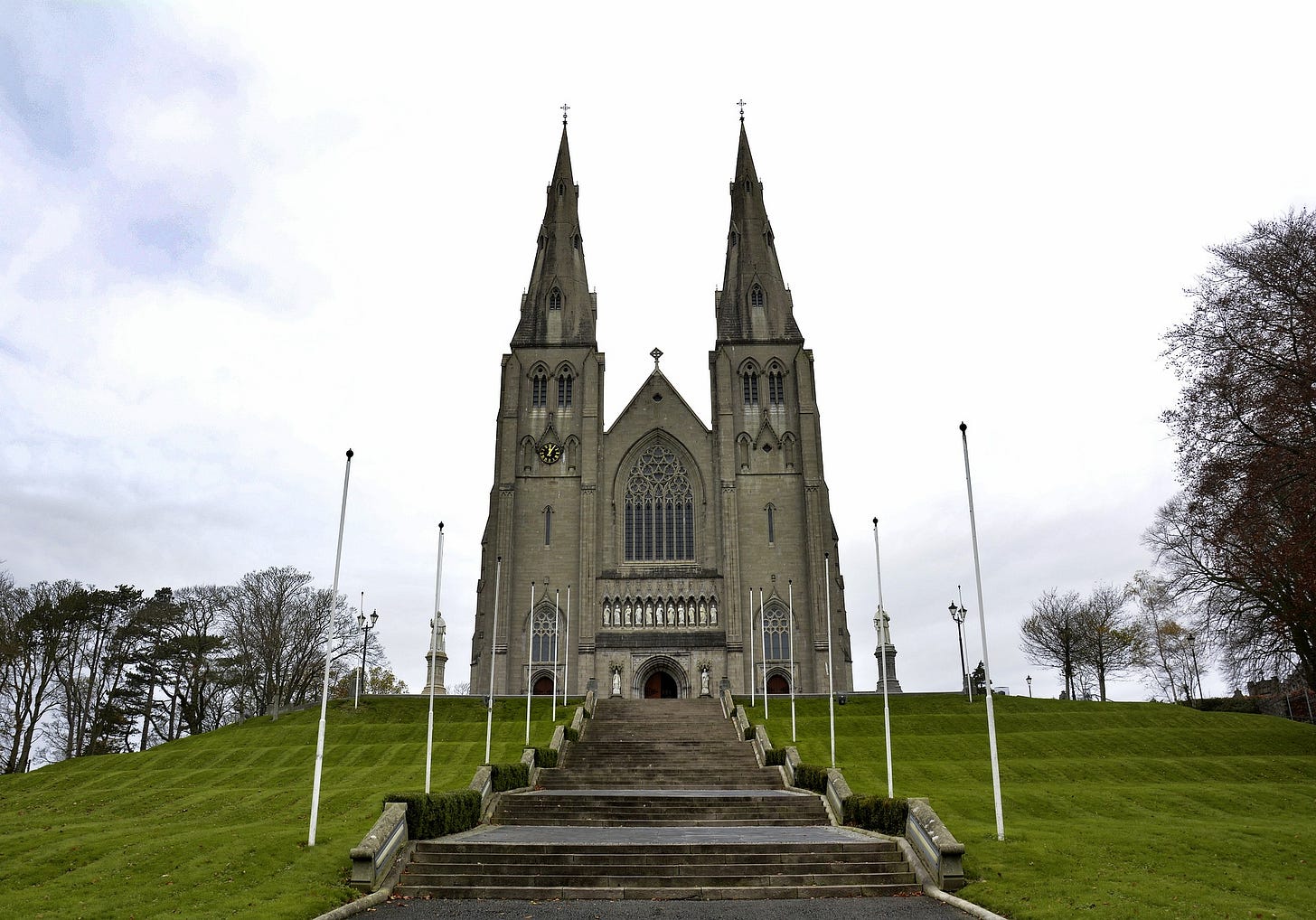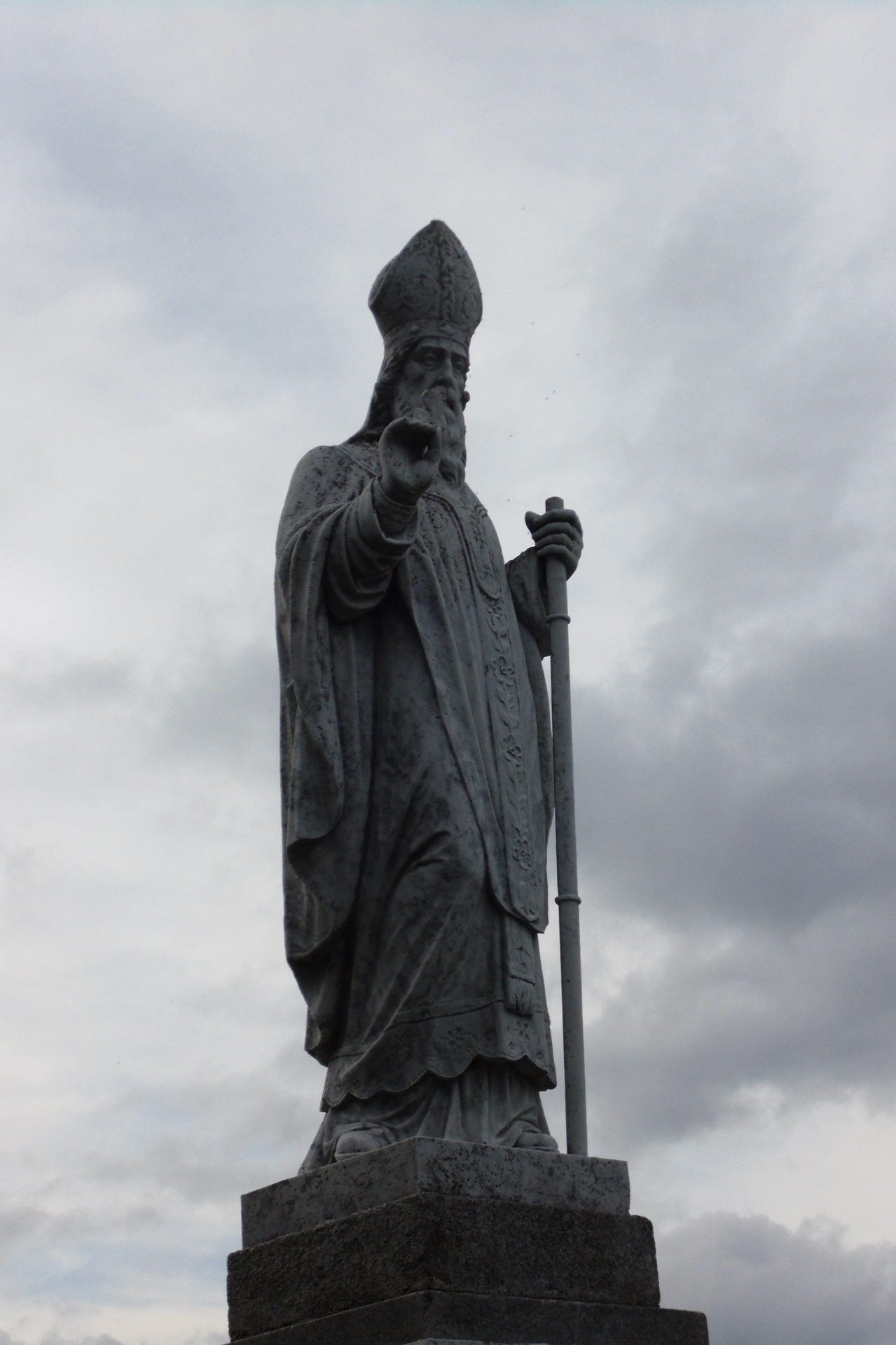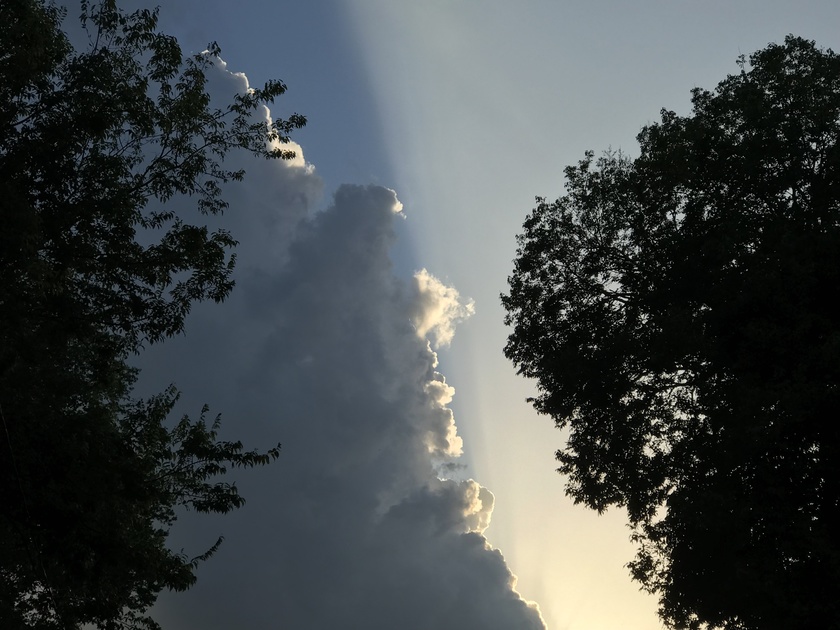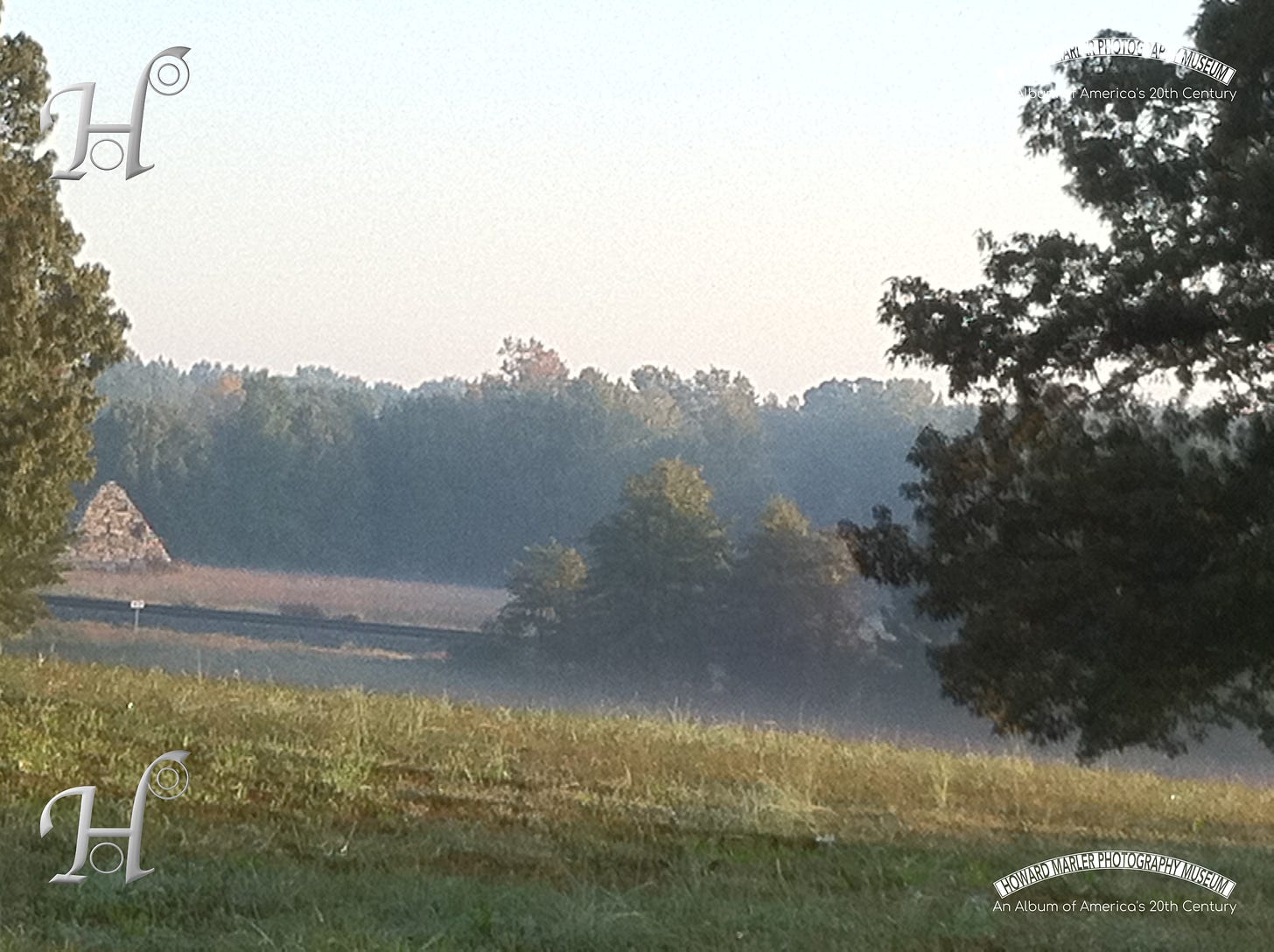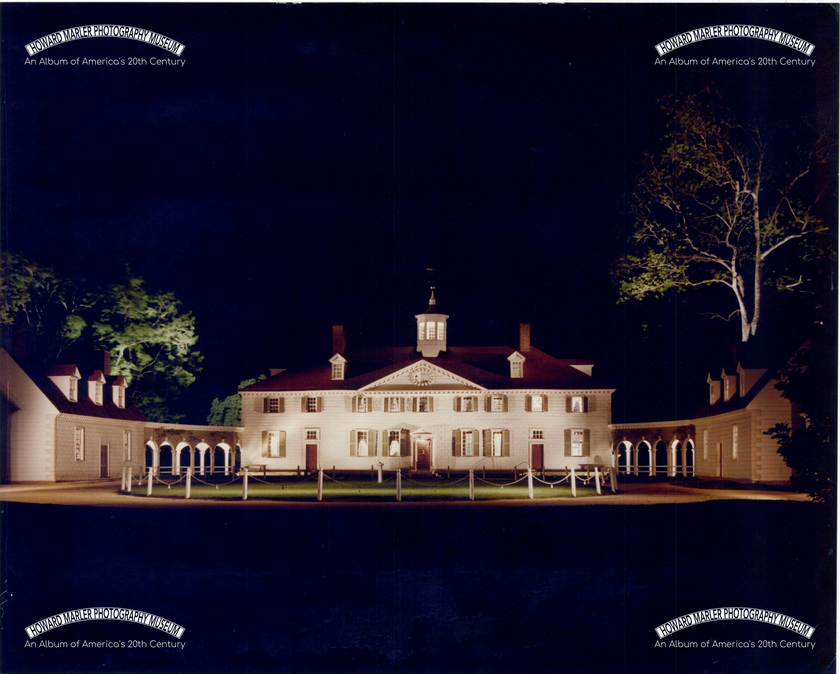Election Trivia questions:
- What year was the first presidential election in which congress had to decide the election because of a tie in the electoral college, and who were the candidates?
- In the 1796 election, the country chose a president from the federalist party and a vice president from the Democratic Party why?
- Can you name both the President and the vice president in the 1796 election, as a bonus can you name any of the other eleven candidates? (Hints: One of the candidates was an ale brewer, son of liberty, and political writer, One of the candidates who received votes was not running, one did serve later as vice president, and one was later accused of murder and tried for treason).
- In how many presidential elections did the president win the electoral college but not the popular vote?
- In the 1820 presidential election who lost by receiving only one electoral vote?
- In 1824 John Quincey Adams became the first president whose father had also been president, Adams did not win the popular vote or the electoral college How did he become president, who were the other candidates? (Hint two of the other candidates are very famous one a general and the other a politician, one of them did become president.)
- In What year was the most lopsided presidential victory since world war two, and who were the presidential candidates?
- John Quincy Adams was the first president whose father had also been the president who was the second?

This week marks election day 2022. This is known as a midterm election; meaning that it happens halfway through a president's tenure of four years. In our Legislature we have two houses the Senate or the upper house and the House of Representatives or the lower house. The terms upper and lower house come from the parliamentary governments that still exist in several countries most notably The United Kingdom. In the British Parliament, there are two houses, an upper and a lower (the terms are based on the classes of people eligible for membership in them as well as where they meet). The Upper house or House of Lords are titled nobility and pass their seats and titles to their heirs, subject to the approval of the Crown. The Lower House or House of Commons is made up of the common people and almost any citizen can run for and be elected as a member with or without a title. In the American system as originally conceived, there were no hereditary offices in either house, the lower house repented the people directly, and the upper house repented the state governments, as each senator was nominated by the Governor and approved by the Legislature they were not beholden to public sentiment. Since that time we have changed the rules and Both houses are elected by popular vote. It goes beyond the scope of this article to debate whether this change was for the better or not.
In the early days of the American Republic, voting was very different from what it is today in many areas only landowners who paid taxes were allowed to vote. Voters entered the place of election and swore an oath like the one used in the courts by witnesses today and then told the clerk their name and the name of the candidate they were supporting. Today we use a variety of machines and computers to track the votes and yet it seems to take longer to determine the winner of a contest.
Later, poll taxes were instituted so that any citizen could vote by paying the poll tax, these were later removed since they prevented the poorer classes from voting (and in some areas were abused to prevent unwanted groups from voting). A variety of methods have been used to try to qualify voters throughout the history of our nation and while there have been errors, and outright abuse leading to unpopular groups being suppressed the general track of our voting system and laws has been to expand the electorate and achieve a better level of access and transparency with each incident. We undoubtedly have more work to do to ensure a perfect system, but we can and should look back from time to time and see how far we have come; this can help us to move forward for the work ahead. True enough looking back will not make the journey seem any shorter but it does show that the journey is possible. Our Founding Fathers used the phrase: “to form a more perfect union” indicating that the country was not perfect but they believed that it could become so; if every generation does its part to make it better then we will always have a more perfect union than we started with.
Even during the wars (American Civil War, World War I, World War II, etc.), Americans have gone to the polls to vote. Pandemics have not stopped the election cycle (although there were some issues reported with the emergency solutions used during COVID-19).
Every few years, our voting laws have been amended, adjusted, or replaced and changed to allow more of the population to vote. We have moved from only white men who own property to men who paid taxes, to men who were citizens, to men and women of every race creed, and color. Each of these changes has theoretically improved and increased our government's representativeness, and connection to the people. While there is still room for improvement today nearly every citizen has the option to vote, for the candidate of their choice. Sadly many vote for a candidate because of their party affiliation even when the candidate is the worst option available, others dislike a personality quirk or mannerism of a candidate and therefore vote against him or her. It is hoped that we as a people will return to educating ourselves and learning about the issues and the candidates before casting our votes. We as voters and the candidates need to study the issues and prepare to address them in ways that are good for the country as a whole and stop thinking so much about ourselves, and our little wants and desires. The voters should bet above to demand of their elected representatives that they do the right thing even when it is not popular, and our friends, neighbors, and descendants need to be able to say of us that we were willing to do the right thing as well.
Elections should be the result of careful consideration and decision-making by the voters who research and investigate the candidates, the issues, and the positions that are being presented. We could then go to the polls and vote according to our convictions for the candidates and positions that will be best for the people as a whole not for any of the little (or sometimes larger) groups to which we belong.
Howard and Ruth Marler like their entire generation were longtime supporters of the secret ballot and did not discuss politics during their lives at all. However, as we have gone through the collection and their papers we have discovered that they were often involved in supporting candidates. Howard used to say: “If you vote you can always tell the guy that I am glad I voted for you, or I am Glad I did not vote for you.” I would add that those who do not vote, do not know the issues, or the candidates have no right to complain if they are not happy after an election. In the early days of our British colonies, several of the governors found it necessary to use the law: “He who does not work shall not eat” I think that we should amend that law as follows: “He or she that does not get involved in the issues and research the candidates, and cast their votes, shall not be allowed to complain about the results of the election.”
This Article contains research from:
Encyclopedia Britannica Online: https://www.britannica.com/topic/electoral-college/U-S-election-results
Starr Kenneth W.: “First Among Equals” (2002) Grand Central Publishing
Rehnquist, William H.: “ The Supreme Court” (2002) Vintage Publishing
Rehnquist, William H.: “Centennial Crisis: The Disputed Election of 1876” (2007) Vintage Publishing
Hillsdale College Politics Faculty: “The U.S. Constitution: A Reader” (2012) Hillsdale College Press
